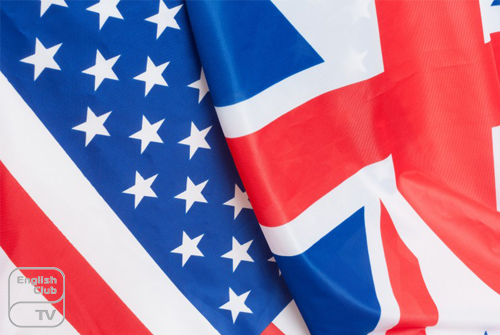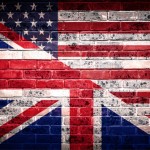There are notable American and British English differences. After getting independence from British, American linguistics thought of creating differences between UK and US English speaking and writing. Much prominent in this respect was Noah Webster, who compiled the first American English Dictionary – the Webster Dictionary. He was also an innovative thinker who thought that English spelling should be equal to its sounding.
In his much smaller version of the dictionary, Compendious Dictionary, he introduced ‘wimmen’ for women and ‘tung’ for tongue. But it was not accepted. However, in his final version of the dictionary in 1828 he removed the letter ‘u’ from many English words such as ‘favour’ and ‘rumour’ and so on. Likewise, he reformed many words in order to make them easier to pronounce and write, for example, ‘theater’ for theatre and ‘aluminum’ for aluminium.
In American English, the double quotation marks are normally used. Single quotes are used if the quote marks are needed inside another pair of quote marks. However, those who follow British English do this vice versa – single quotation marks are for the primary phrase and double quotes are for a phrase within another quotation.
In British English collective nouns can take either singular or plural verb forms. But in American English collective nouns always take singular construction.
Furthermore, those who follow American English rarely use Present Perfect construction. Therefore, a British teacher may mark a sentence as wrong when written in American English without a proper perfect construction. For example in US English ‘Did you eat your lunch yet’ will be written in British English like – ‘Have you eaten your lunch yet? ‘ The ‘have got’ construction is much common in British English whereas American English rarely uses this construction. For example one may say in British English ‘I’ve got two books’ and the same in US English is ‘I have two books. ‘ Likewise, ‘I have got to play now’ in British English may be different ‘I have to play’ in US English.
In addition, there are many vocabulary differences between British English and US English. British English speakers say that they are angry while US English speaking people may say that they are mad. Likewise, ‘autumn’ in British English is ‘fall’ in US. In British English it is a ‘cupboard’ while it is a ‘closet’ in US. A ‘pavement’ in British English is a ‘sidewalk’ in US. Likewise, ‘rubbish’ in British English will be ‘trash’ in US. These are a few from a long list of differences.
Even though Americans initially received the English language from British Colonists, the former make it easier for writing and speaking by reducing most letters and phrases. However, despite the two versions, they understand each other without any linguistic problem. Like American and British English, there are differences in usage, spelling and other linguistic forms among the English language variants in different countries.
With all these differences, the English language is the second most spoken language in the world after Mandarin Chinese, which is the language spoken by the highest number of people in the world. But the last has its speakers within one country, while the English language has spread throughout the whole world.
Vocabulary:
| Prominent [ˈprɒmɪnənt] | therefore [ˈðeəfɔː] |
| equal [ˈiːkwəl] | a lunch [ˈlʌntʃ] |
| Compendious [kəmˈpendɪəs] | likewise [ˈlaɪkwaɪz] |
| a quotation [kwəʊˈteɪʃən] | an autumn [ˈɔːtəm] |
| vice versa [ˈvaɪsɪˈvə:sə] | a cupboard [ˈkʌbəd] |
| primary [ˈpraɪməri] | a pavement [ˈpeɪvmənt] |
| furthermore [ˌfɜːðəˈmɔː] | rubbish [ˈrʌbɪʃ] |









